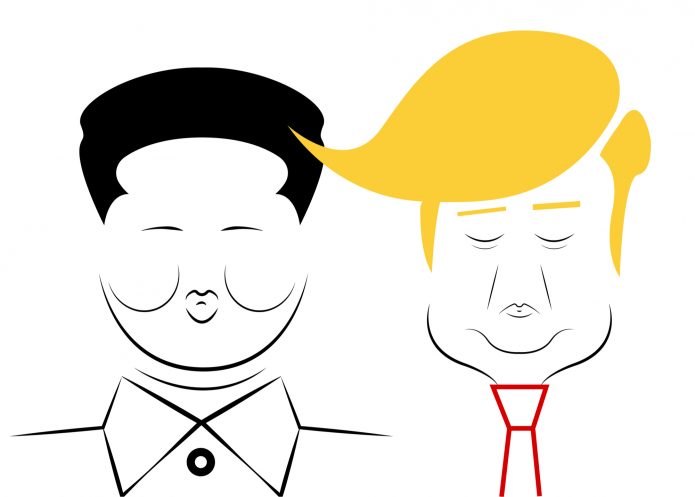“We have to acknowledge that North Korea isn’t going to give up its nuclear capability as a precondition for negotiations,” foreign policy expert John Feffer said on Intercepted, “Why on Earth would they?”
North Korea’s nuclear ambition is best contextualized in history. Following the separation of the Koreas, both countries adopted different political-economic systems.
South Korea became more deeply embedded into the global economy and North Korea turned inward—a dichotomy that set the two countries off onto wildly divergent economic outcomes.
“It’s really exaggerated or aggravated by the collapse of communism,” Feffer said. When cheaply-supplied oil from the Soviet Union stopped entering North Korea, its agricultural and industrial capacity collapsed.
By 1995, a series of natural disasters set off a multi-year period of famine the country has yet to recover from.
“It was necessary for North Korea to find some other fuel source,” Feffer says, tying its nuclear ambition to its oil crisis. “But there was a military component as well.”
Not only was the South Korean economy flourishing in this time period, but its military capability was bolstered by American technological aid.
“North Korea fell behind rather rapidly. To level the playing field,” Feffer said, nuclear capability was seen as a cheap way of “coming up to speed.”
It also provided deterrence against “any possible U.S. intervention—either bombing or actual physical intervention into the country.”
“If they had not developed nuclear weapons. North Korea probably would not exist today.”
In contemporary diplomatic relations, Feffer argued, “We have to come up with different kinds of security guarantees in the process of negotiating with North Korea. We also have to acknowledge that they’re not going to give away nuclear capability after a week of negotiations.”
“It’s going to take a while for this trust-building exercise to have any kind of impact,” Feffer said.
…

